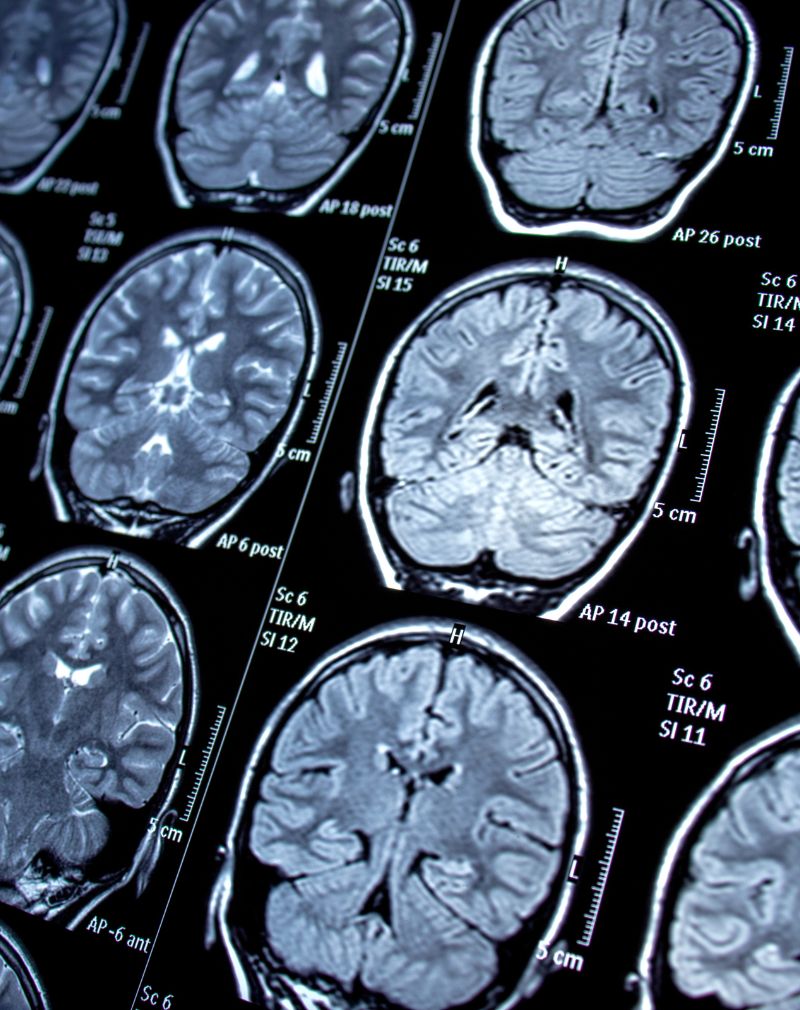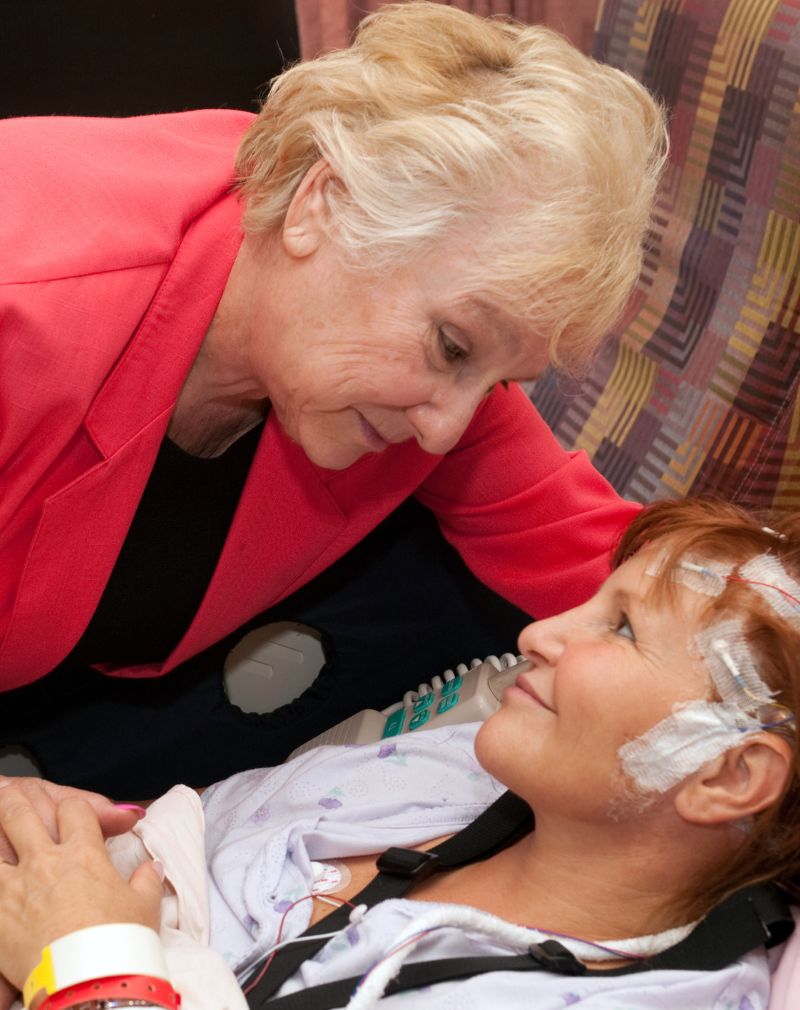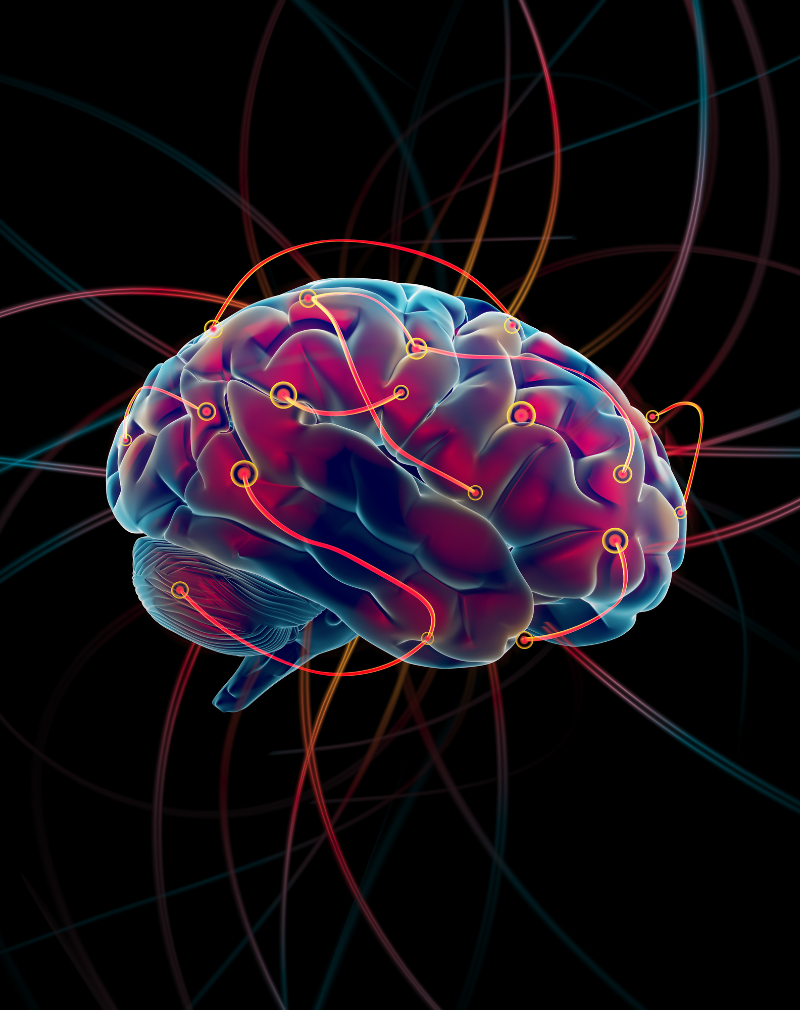Seizures occur when there’s a sudden, uncontrolled surge of electrical activity in the brain. This disruption can cause a wide range of temporary changes in a person’s behavior, movements, sensations, or even unconsciousness. Seizures can be broadly categorized as:
- Convulsive Seizures: These involve involuntary muscle contractions and jerking movements, often associated with the classic image of a seizure.
- Non-Convulsive Seizures: These seizures might manifest as staring spells, confusion, unusual sensations, or repetitive movements without the dramatic muscle contractions.
Recognizing the diverse ways seizures can present themselves is crucial. Prompt medical evaluation by a pediatric neurologist at the American Wellness Center in Dubai Healthcare City is essential for accurate diagnosis and to determine the most appropriate treatment plan for your child.
Types of Seizures
Seizures fall into two main categories: generalized seizures and focal seizures. Generalized seizures involve abnormal electrical activity across both sides of the brain. Common types include tonic-clonic seizures (previously called grand mal) characterized by loss of consciousness and muscle stiffening followed by jerking movements; absence seizures (petit mal) causing brief staring spells; myoclonic seizures with sudden muscle jerks; and atonic seizures causing a loss of muscle tone and falls.
Focal seizures, also known as partial seizures, begin in one localized area of the brain. With simple focal seizures, the person remains conscious but may experience sensory disturbances, localized twitching, or emotional changes. Complex focal seizures involve altered awareness – the person may appear confused, perform repetitive actions, or wander. Note that focal seizures can sometimes generalize, spreading to involve both sides of the brain.
Accurate diagnosis of seizure type is key for effective treatment. Consulting a pediatric neurologist would be important for you to understand what is wrong with your child, and who better to visit than us at the American Wellness Center in Dubai Healthcare City for a comprehensive and complete evaluation.
Causes of Seizures
Understanding the root cause of seizures is crucial for guiding treatment and management strategies. Possible causes include:
- Epilepsy: Epilepsy is a neurological disorder characterized by recurring, unprovoked seizures. The cause of epilepsy is often unknown, but some cases have a genetic component.
- Structural Brain Abnormalities: Disruptions in brain development, brain injuries, tumors, or infections, can sometimes lead to seizures.
- Genetic Factors: Certain genetic mutations can make a person more susceptible to seizures. Family history can sometimes provide clues.
- Triggers: While not the underlying cause, triggers like fever (especially in young children), flashing lights, sleep deprivation, or low blood sugar can sometimes set off a seizure in someone who is predisposed.
- Unknown Causes: Unfortunately, in many cases, the exact cause of seizures remains unknown, even after thorough investigation.
Seeking Answers: The American Wellness Center If your child experiences seizures, the pediatric neurologists at the American Wellness Center in Dubai Healthcare City are committed to identifying the underlying cause. Our specialized Pediatric Neurology Department offers advanced diagnostic tools like EEG and imaging studies, as well as in-depth assessments to pinpoint potential triggers and explore genetic testing if needed. This comprehensive approach is key to tailoring the most effective treatment plan for your child.
Diagnosing Seizures
Getting an accurate seizure diagnosis is essential for choosing the right treatment for your child. The diagnostic process typically involves several key elements:
- Detailed Medical History and Witness Accounts: Your child’s pediatric neurologist at the American Wellness Center in Dubai Healthcare City will thoroughly review their medical history and ask detailed questions about the events surrounding the seizures. Descriptions from you as the parent or other caregivers who witnessed the seizures are invaluable.
- The Role of Pediatric Neurologists: Pediatric neurologists specialize in diagnosing and treating neurological disorders in children. They have expertise in recognizing the subtle variations in how seizures present at different ages.
- EEG (Electroencephalogram): An EEG is a crucial diagnostic tool that records the brain’s electrical activity using small electrodes placed on the scalp. It can detect abnormal brainwave patterns that may indicate seizures and help determine seizure type. The American Wellness Center has advanced EEG technology for thorough assessments.
- Other Diagnostic Tests: Depending on the suspected cause, your child’s doctor may recommend additional tests.
- MRI (Magnetic Resonance Imaging): Provides detailed images of brain structures to look for potential abnormalities.
- Blood Tests: Can help rule out infections, metabolic imbalances, or other medical conditions that might trigger seizures.
Seizures are abrupt and involuntary electrical disruptions in the brain, leading to varied changes in behavior, movements, feelings, or consciousness levels. They manifest in two main types: Generalized Seizures, affecting both brain hemispheres and often resulting in consciousness loss, and Partial (Focal) Seizures, originating in a specific brain area and potentially spreading. Diagnosing seizures, particularly in children, hinges on identifying their nature and severity, usually through EEG (Electroencephalogram) monitoring, which tracks brain electrical activity to aid in diagnosis and treatment determination. Repeated seizure episodes may indicate epilepsy. First aid for seizures emphasizes safety and comfort, advising against restraint and stressing the importance of timing the episode for emergency response if it exceeds five minutes. Dr. Ahmad Hammoud, a Consultant Pediatric Neurologist at American Wellness Center, specializes in personalized care for children with neurological conditions, leveraging advanced diagnostics and a skilled medical team to offer premier treatment.
Treatment of Seizures
The goal of seizure treatment is to achieve seizure control or significantly reduce their frequency and severity. Treatment plans are personalized based on the seizure type, the underlying cause, and the child’s individual needs.
- Anti-Seizure Medications: These medications are the primary treatment for most children with epilepsy. Pediatric neurologists at the American Wellness Center in Dubai Healthcare City have extensive experience in selecting the most appropriate medication and dosage based on various factors, including seizure type and potential side effects.
- Other Treatment Options: If medications are not fully effective or cause intolerable side effects, other options might be considered:
- Surgery: In some cases, surgery to remove a specific area of the brain causing seizures may be an option.
- Ketogenic Diet: This high-fat, low-carbohydrate diet can sometimes be effective in controlling seizures, especially in children with medication-resistant epilepsy.
- Neuromodulation: Devices like Vagus Nerve Stimulators (VNS) may be considered, which involve the implantation of a device that delivers electrical impulses to help regulate brain activity.
- Importance of Lifestyle Management: In addition to medical interventions, lifestyle factors play a crucial supporting role in managing seizures. This includes:
- Getting adequate sleep
- Managing stress effectively
- Identifying and avoiding potential seizure triggers
First Aid for Seizures
Knowing what to do if your child has a seizure can make a big difference. Here are the essential steps:
- Stay Calm: It’s natural to feel alarmed, but staying calm allows you to help effectively.
- Protect from Injury: Gently move them away from hard objects and place something soft under their head.
- Do Not Restrain: Do not try to hold them down or put anything in their mouth.
- Time the Seizure: Note the start and end time. If it lasts longer than 5 minutes or if seizures occur back-to-back, seek immediate emergency medical attention.
- Reassurance: After the seizure, stay with your child and offer comforting words until they are fully alert.
A Message of Hope A seizure diagnosis can be overwhelming for families, but it’s important to remember that with proper treatment and management, most children with seizures can live full and active lives. The Pediatric Neurologists at the American Wellness Center in Dubai Healthcare City are dedicated to partnering with you to provide the best possible care for your child. Contact us today!



